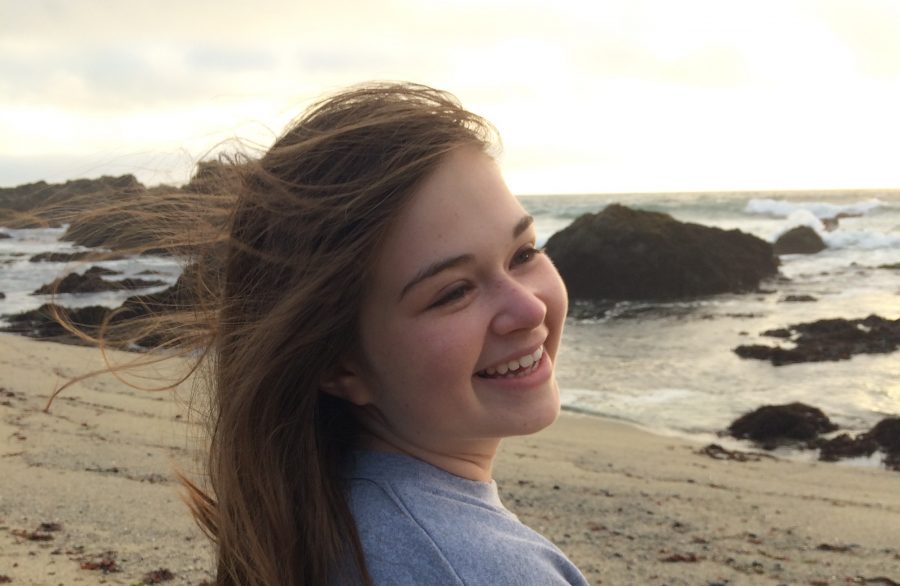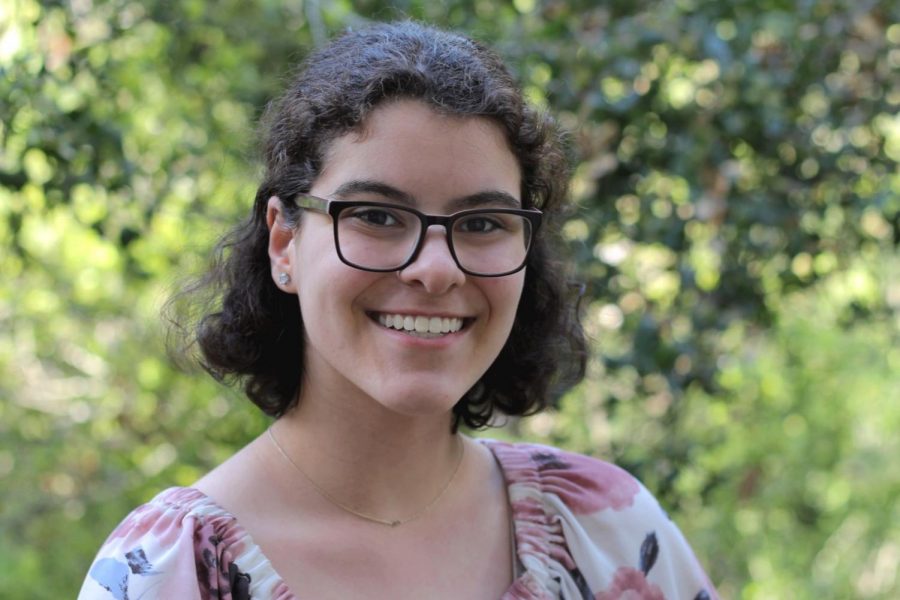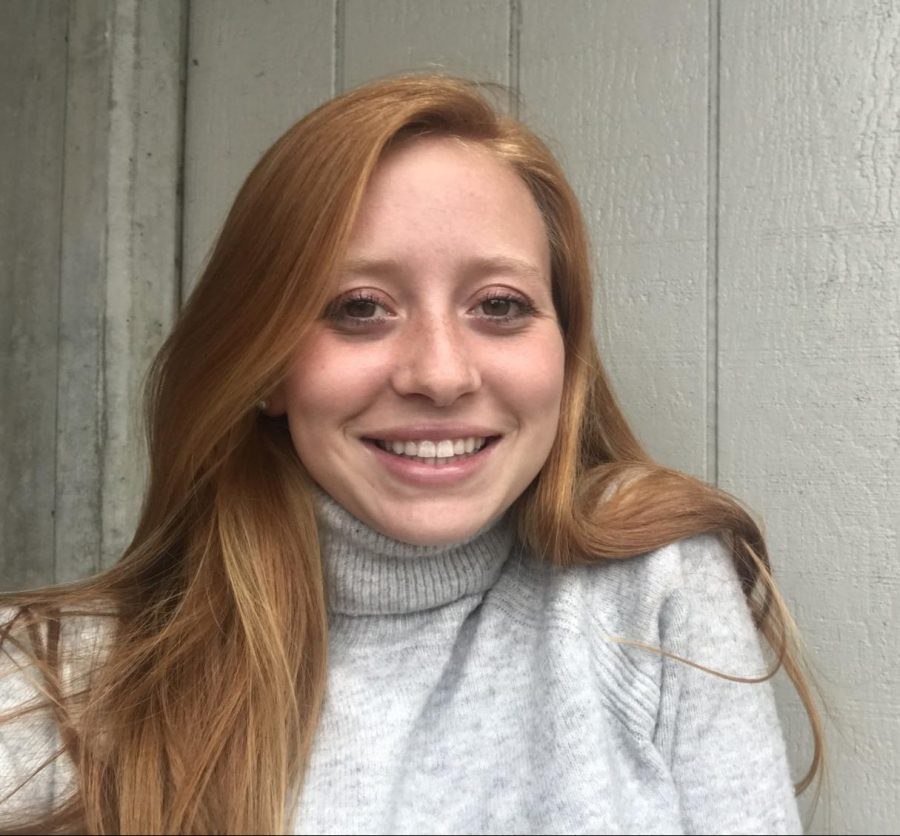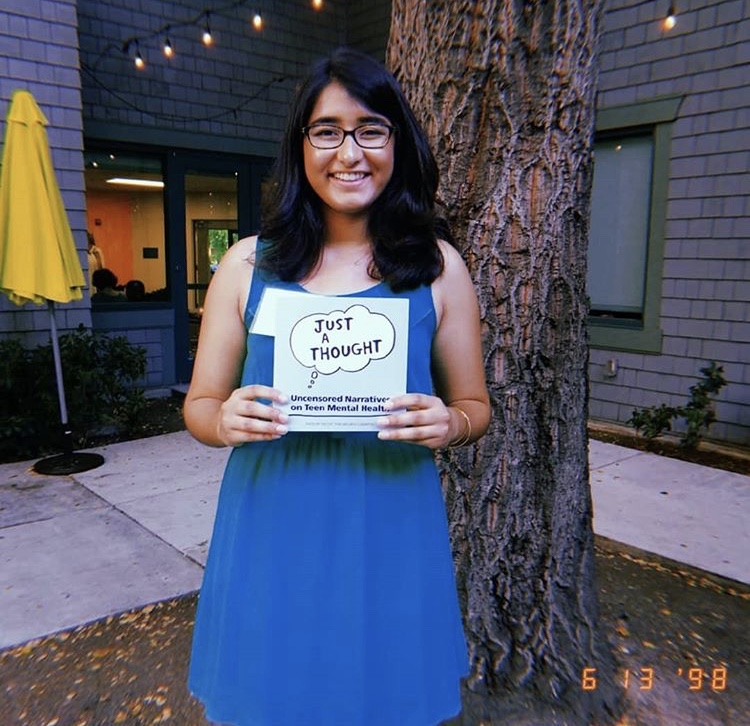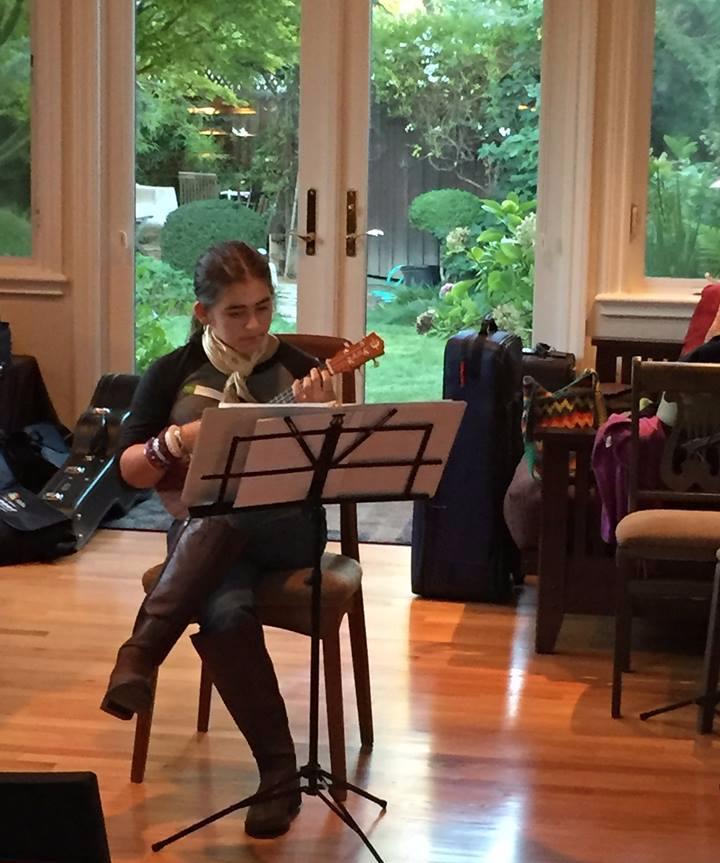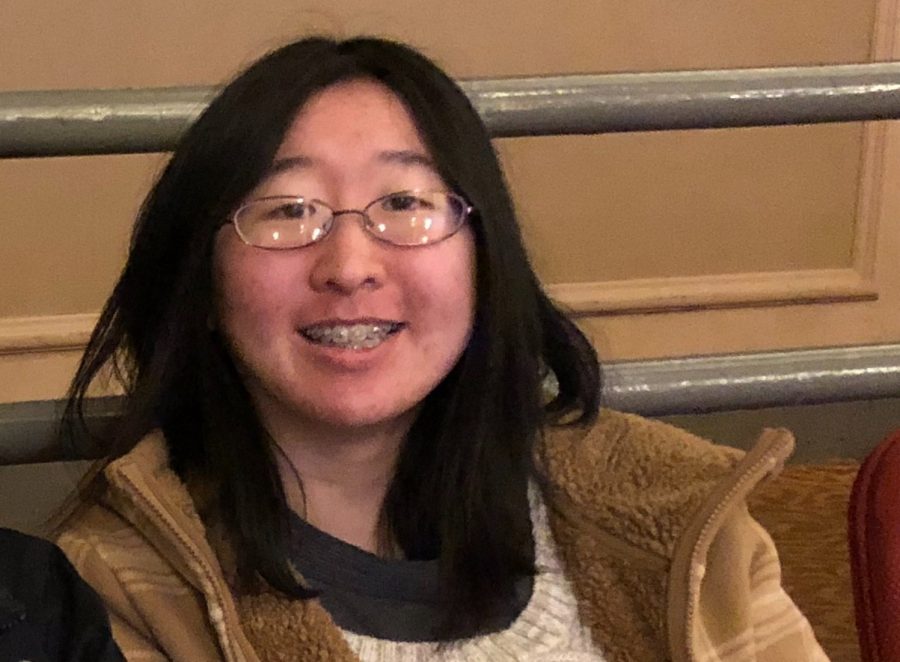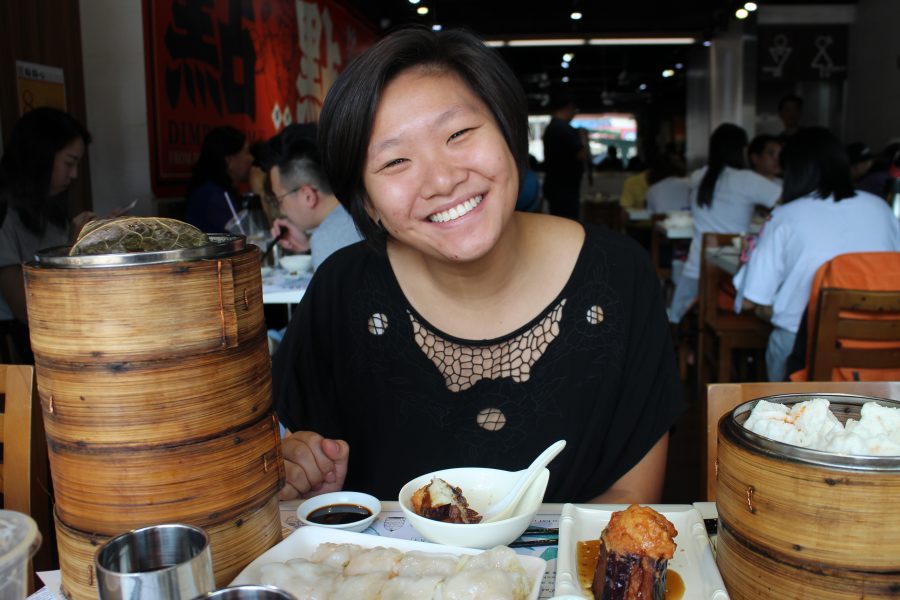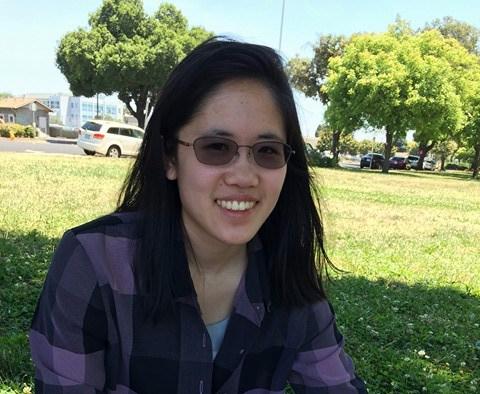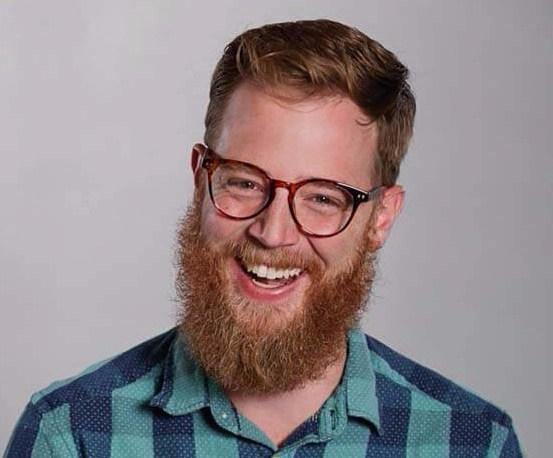Written by Jenna Marvet
A high schooler has many weights they must carry with them. The stress of classes, exams, friends, relationships and future plans looming in the distance. It’s all difficult, but adding the trauma of sexual assault on top of the heavy stack made me worry everything would tip over and collapse.
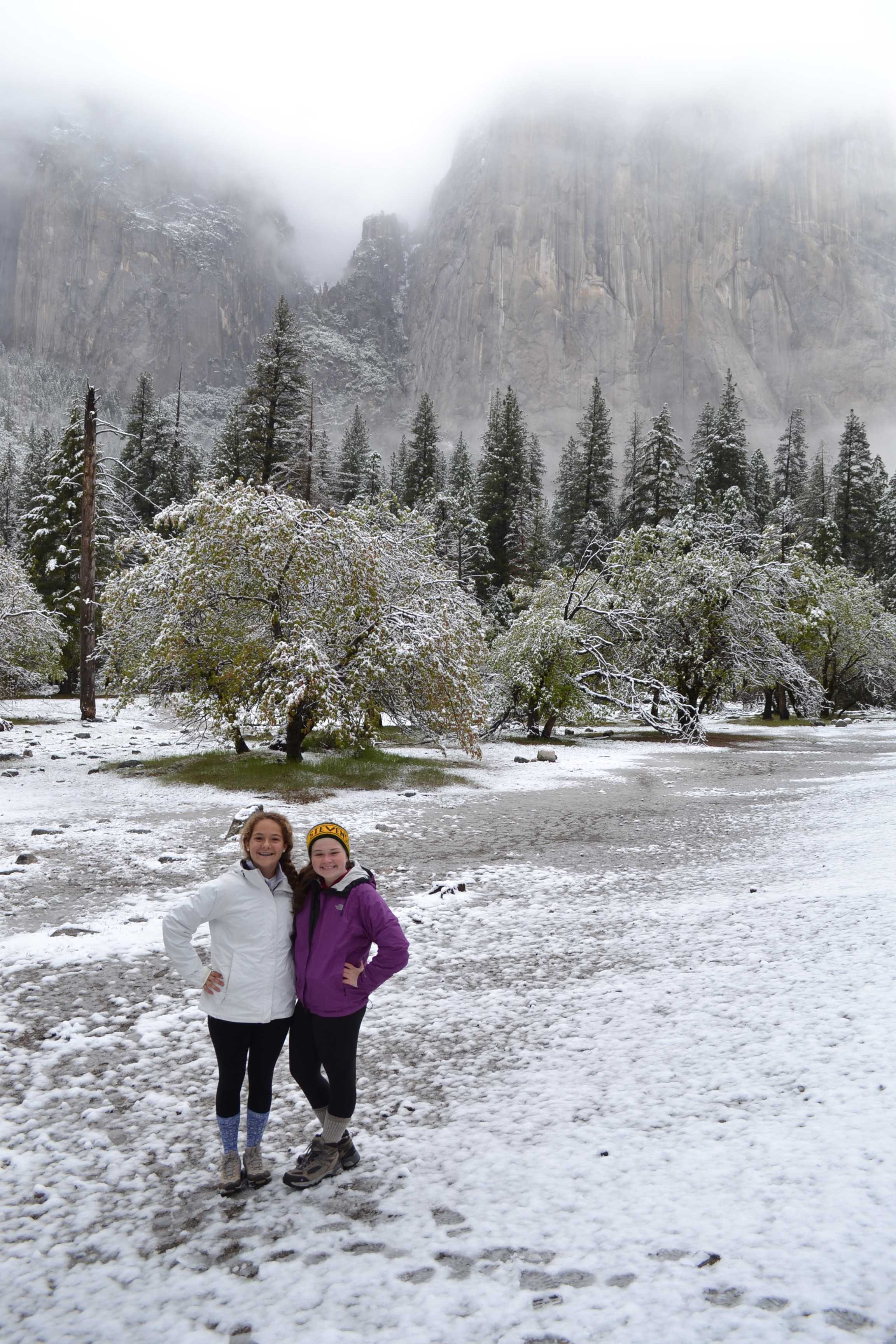
With this new weight, another huge burden fell onto me. But the initial sadness was not the only problem that followed. I did not feel like myself. The emotions that I had experienced during the trauma would often rush over me with no warning; there was a stinging familiarity to a chaotic lack of control of myself and my surroundings. I was overrun by Acute Stress Disorder that has evolved into Post Traumatic Stress Disorder (PTSD): an anxiety disorder that often pairs with depression.
Everything I was feeling was confusing. I had been sad before, sometimes anxious for a test, but this was different. I was lost, unable to navigate what happened. Though eventually I would find my way back, every day became filled with obstacles. I initially turned to friends to help me handle what I was experiencing, but I found myself editing what I really wanted to say because of shame. At the time, what was most distressing was the intense distrust in myself. I often tried to justify the assault and became fearful that any police action would only induce backlash, escalating my personal anguish. The denial was only hurting me and I needed to change the negativity I was forcing on myself. The first step was to learn to be my own advocate. Telling my story during therapy sessions helped me realize where I was making excuses for the person who hurt me and helped me regain my sense of self. I had newfound certainty that gave me confidence to move forward instead of staying mired in turbulent anxieties. It took a long time to believe in myself without faltering, but the perseverance was absolutely worth it.
From then on, everything seemed like an upward climb. I had people I could talk to when I felt down who would listen to and comfort me. I was beginning new relationships and rebuilding lost confidence. But, with new relationships came new rejections, which were now magnified by emotional recall. What had begun to feel so steady suddenly toppled over. I sometimes didn’t want to get out of bed, much less talk to anyone. Despite this, my peers whom I had confided in seemed to think that everything was fine. No one checked in and we drifted apart; I had never felt lonelier. Whenever I felt the need to tell someone what was bothering me, I was anxious I would be deserted again.
Stuck in such a dark place, I decided that I needed to find what makes me happy again; I had been living in constant sadness and was tired of putting so much of my self-worth into other people. Instead of wallowing in the little free time I had, I refocused on the things I love: writing, the outdoors, music and serving my community. I motivated myself to concentrate on the activities that gave me positive feelings. I took the energy that I had been fixating on other people and put it into loving myself. I began to treat myself and took time to relax on stressful days as a reminder that I am worthy of care and respect. I accepted that it is okay to be alone; I didn’t have to rely on others to declare how much love I deserve. Not frightened of loneliness anymore, I became increasingly aware of how to lift some of the weights off of my shoulders. This inadvertent epiphany in an understanding of mindfulness allowed me to direct my attention on my own well-being in the face of, what felt like, almost constant adversity.

While many of my challenges have become easier to cope with over time, I still have days when it is difficult to deal with how I am feeling. The grip of PTSD has loosened, but some of its effects still linger. I often look over my shoulder when I am walking alone. Sometimes I feel so empty I cannot focus. Nighttimes can be impossible. When I have days like that, it is challenging to be hopeful. Concentrating on what lies ahead can help, but identifying the things that make the present valuable has been the favorable route for me. Thinking about the people in my life, like my closest friends and family members, that are there for me no matter how negative I feel can turn somber tears into happy ones.
Of course, I know everything won’t be good all the time, but despite the obstacles I’ve faced, it is not bad all the time either. It truly is a balancing act, and sometimes things will be shaky. But, even when it feels like everything has collapsed it is most important to be strong and rebuild. Not to rebuild it the same way as before, but to try a new way that will be more stable. The foundation of it all, though, has to be yourself. I realized that I am the most important person in my life. I guarantee that it becomes easier to endure the rough patches and that’s what makes everything easier in the long run. While PTSD was the frontrunner in my life for months, as I regain trust and confidence in myself I can feel my trauma slipping into the background and my perspective expanding from my perseverance rather than crumbling from its weight.
If you or someone you know has been affected by sexual violence, it’s not your fault. You are not alone. Help is available 24/7 at the National Sexual Assault Hotline: 800-656-HOPE and online.rainn.org.


